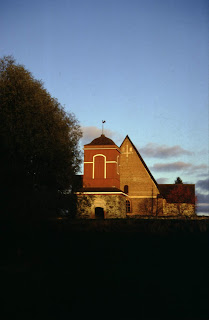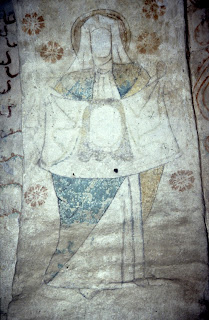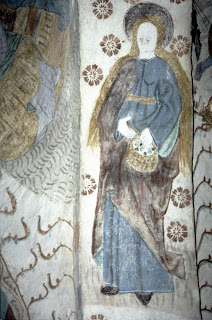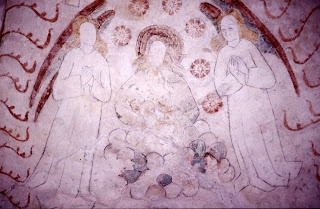Bartók's religioso
The Hungarian Béla Bartók (1881-1945) was one of the greatest composers of the 20th century. He was also an outspoken atheist. Therefore I am puzzled by the recurrent religioso markings of his late works. The viola concerto (Sz 120) and the 3rd piano concerto (Sz 119) include a middle part titled adagio religioso (to be precise, the viola concerto has it in the version made by Tibor Serly). What does this religioso stand for? The Bartók biography by Kenneth Chalmers uncovers the composer's thoughts on religion to some degree. An important source is Bartók's letter to the violinist Stefi Geyer, who was some kind of a femme fatale to Bartók. Bartók dedicated his first violin concerto (that remained unperformed during the composer's lifetime) to Geyer, to whom he had a crush on. It is possible that they parted because of their opposite views on religion. In the letter to Stefi Geyer, Bartók describes his atheist stance. It becomes clear that Bartók is not a straightforward








